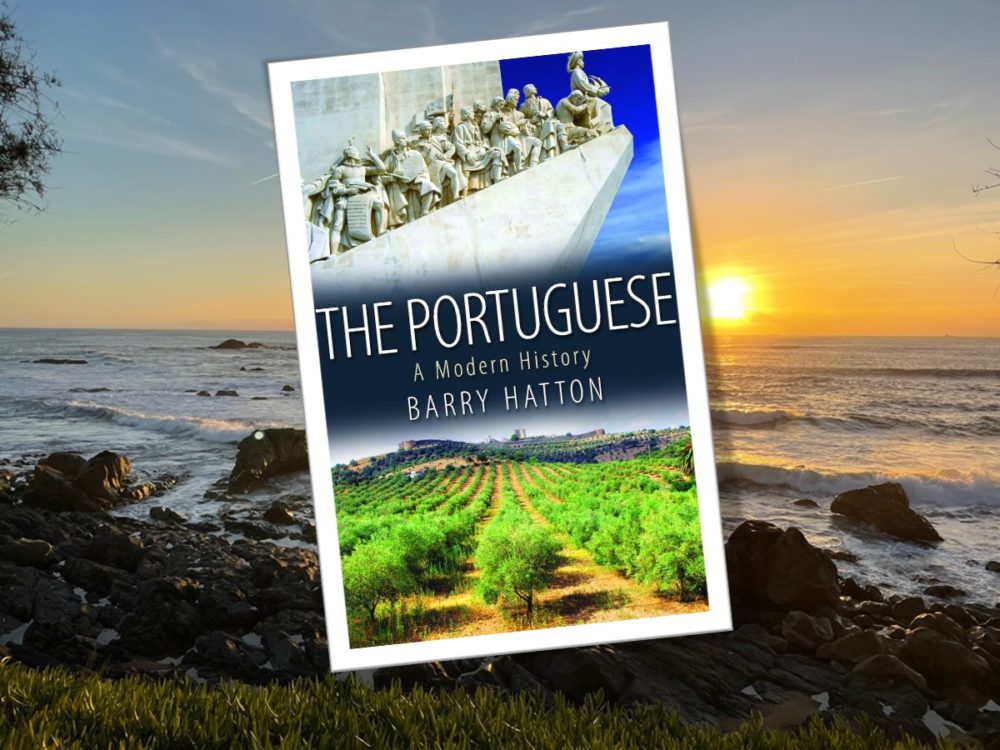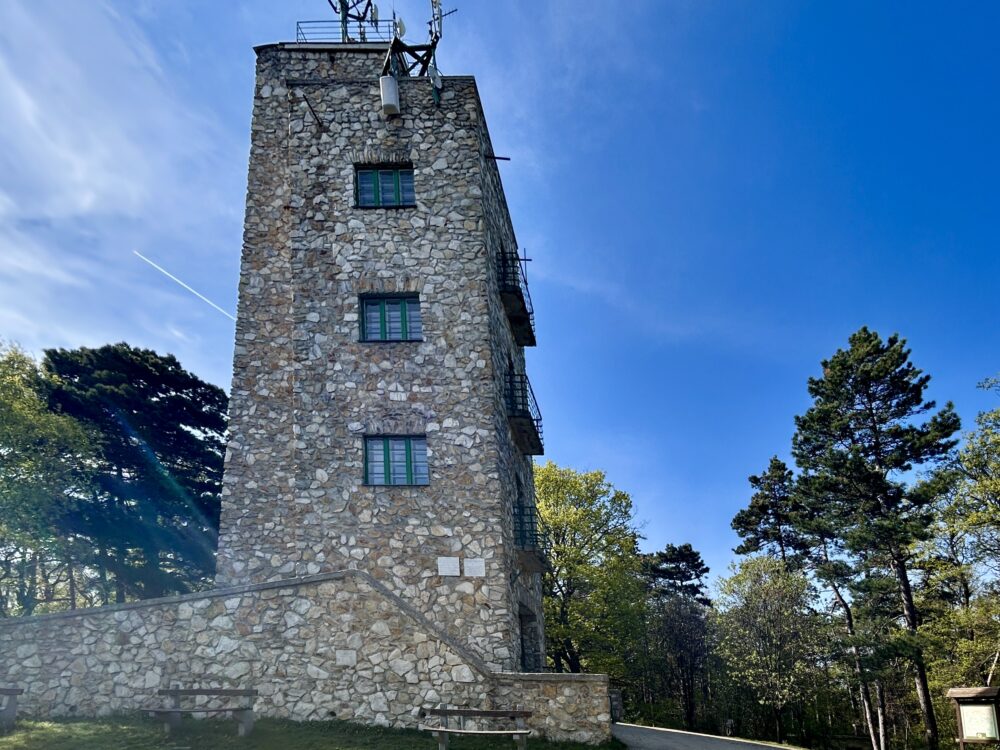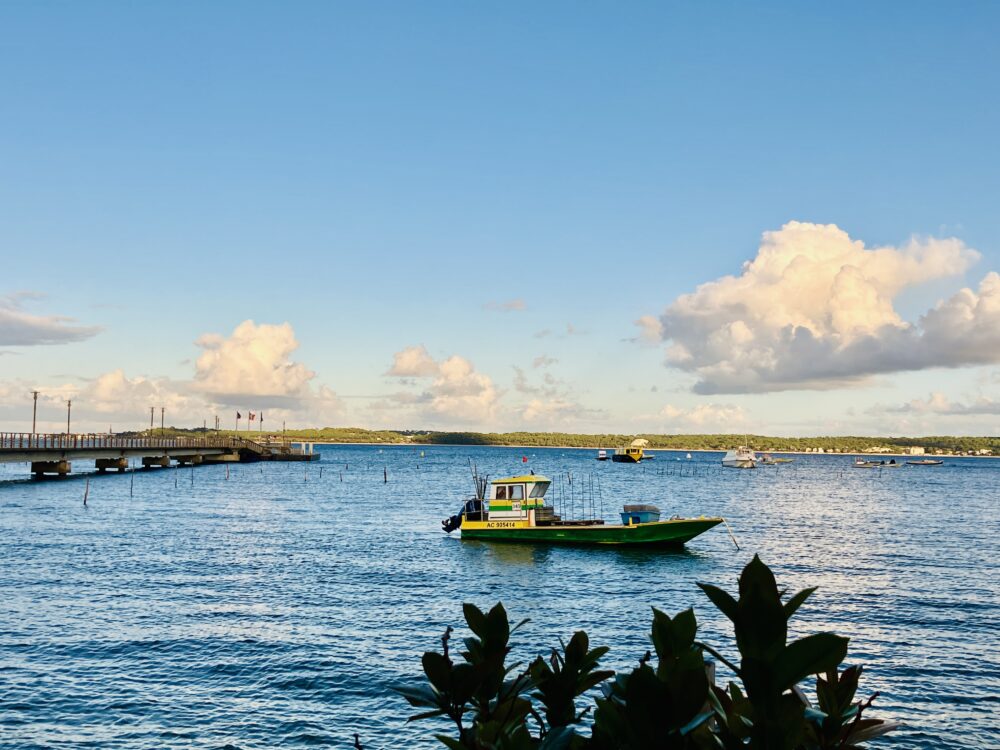Overview
Barry Hatton’s “The Portuguese” is a comprehensive exploration of Portugal’s identity, offering a deep dive into its history, culture, and the nuances that define this enigmatic European nation. Hatton, a seasoned foreign correspondent, presents a narrative that is both informative and personal, reflecting his extensive experience in Portugal.
Synopsis
“The Portuguese” serves as a journey through Portugal’s past and present, shedding light on its contributions to Western civilisation and its current standing within the European Union. Hatton’s narrative is rich with details, from historical events to modern-day challenges, all conveyed in an accessible style that caters to a wide audience.
The thirteen chapters of the book cover a wide range of aspects of the Portuguese civilisation.
- Chapter One – 561 by 218: Small Space, Big Contrasts
This chapter paints a vivid picture of Portugal’s diverse landscapes within its modest dimensions, highlighting the spontaneous generosity of its people, the stark differences between the capital and the countryside, the unique textures of regional cultures, and the idyllic beauty of its islands. - Chapter Two – Leading Medieval Europe out of the Mediterranean: The Age of Discovery
Chapter Two delves into Portugal’s pioneering role in the Age of Discovery, tracing its origins back to a well-armed baker, the subsequent gold rush that fuelled extravagance, and the lavish spending that characterised this era of exploration. - Chapter Three – Echoes of Empire: The Portuguese-Speaking World
The legacy of Portugal’s empire resonates in the Lusophone world, marked by a silent presence, deep-felt kinship, the doctrines of a dictator, and the mixed blood that reflects a complex colonial history. - Chapter Four – In Whom Do We Trust?
Exploring Portugal’s diplomatic relationships, this chapter examines the country’s destiny intertwined with Spain and England, the distinct separation from its Iberian neighbour, and the enduring alliance with Britain, the oldest of its kind. - Chapter Five – A Broken Homeland: Portugal’s Long Decline and Fall
Chapter Five recounts Portugal’s gradual decline, punctuated by catastrophic events like the Lisbon earthquake and foreign invasions, leaving the nation trailing behind its European counterparts. - Chapter Six – A Dictator’s Walled Garden: The Salazar Years
This chapter scrutinises the Salazar regime’s impact on Portugal, emphasising the motto ‘God, Homeland, Family,’ the complicity of foreign powers, the atrocities of colonial wars, and the brief liberalisation during the ‘Caetano Spring.’ - Chapter Seven – A Very Portuguese Coup: The Carnation Revolution
The Carnation Revolution’s narrative unfolds in Chapter Seven, depicting a fragile new Portugal amidst giddy changes, marking a pivotal moment in the nation’s history. - Chapter Eight – The Good Times Roll: Europe and the Boom
Portugal’s integration into Europe and the ensuing economic boom are celebrated in Chapter Eight, highlighting the ‘Golden Year’ and the transformative effects on the country. - Chapter Nine – Gentle Anarchists: Portugal’s Peaceful Disorder
Chapter Nine characterises the Portuguese as ‘gentle anarchists,’ exploring the nation’s peaceful disorder, the madness driven by societal pressures, the rebellious spirit without a cause, and the personification of idiosyncrasy in Zé Povinho. - Chapter Ten – Sweet Sorrow: Fado Music and the Soul of Portugal
The soulful essence of Portugal is captured through its Fado music, with Chapter Ten exploring the sentimental nature of this art form and the melodies that echo from the docks. - Chapter Eleven – Slow-Food Nation: The Importance of Eating Well
Portugal’s culinary richness is the focus of Chapter Eleven, celebrating the land of plenty, the unique fusion of Jewish sausage and convent desserts, and the cherished traditions of wine and firewater. - Chapter Twelve – That Sinking Feeling: Old Problems, New Crisis
Chapter Twelve addresses Portugal’s enduring challenges and the recent economic crisis, examining the nation’s bad habits and the ‘negative miracle’ that has hindered progress. - Chapter Thirteen – New Horizons: Confronting the Twenty-First Century
The final chapter looks forward to Portugal’s future, discussing the EU generation’s role in breaking the mould and embarking on new departures as the country confronts the challenges of the twenty-first century.
Why You Should Read It?
“The Portuguese” by Barry Hatton stands out as an interesting read for both the general public and specialists due to its multifaceted approach to understanding Portuguese society.
The book offers a thorough exploration of Portugal’s history, culture, and society, providing a rich tapestry of information that appeals to readers with varying degrees of familiarity with the country.
Hatton’s long tenure in Portugal grants him an insider’s perspective, allowing him to share nuanced observations and anecdotes that might not be available in conventional travel or history books. Specialists will appreciate the book’s balanced analysis of Portugal’s socio-economic challenges and triumphs, providing a grounded understanding of the nation’s position in a global context.
The detailed accounts of Portugal’s cultural artefacts, such as Fado music and culinary traditions, offer a deeper appreciation of the societal fabric that defines Portuguese life. Hatton addresses modern issues such as the impact of globalisation and the economic crisis, making the book relevant for those studying contemporary European societies.
And finally, despite its depth, the book is written in an engaging and accessible style, ensuring that complex concepts are understandable to a broad audience.
Critics and Review
Barry Hatton’s “The Portuguese” has garnered attention for its engaging and affectionate portrayal of Portugal, earning rather high rating on various platforms. Reviewers usually commend the book for its comprehensive and intimate portrait of the nation, reflecting Hatton’s deep understanding and love for Portuguese character and culture.
Critics have noted that while Hatton’s touch on older Portuguese history may not be as assured, with some minor inaccuracies pointed out, these do not detract from the overall value of the book. The author’s clear admiration for the Portuguese skill at improvisation, courage, and love of good living shines through his writing. His book is seen as a timely update on Portugal, adding to the knowledge and appreciation of the Portuguese people. It comes highly recommended and is considered well worth the read for both expatriates and those interested in understanding Portugal’s place in the modern world.
Verdict
In summary, “The Portuguese” by Barry Hatton is a heartfelt tribute to a nation often overlooked. It’s a must-read that offers a unique blend of historical depth, cultural appreciation, and critical analysis, making it a valuable addition to the libraries of scholars, travellers, and anyone fascinated by Portugal.
About the Author
Barry Hatton, born in Doncaster, UK, in 1963, has become an integral voice in Portuguese journalism and literature. His journey began as a correspondent for the Associated Press in Portugal since 1997. With a career spanning over two decades, Hatton has witnessed and chronicled the nation’s most pivotal moments. His deep connection to Portugal is further solidified by his family ties; he is married to a Portuguese woman and has three Portuguese-born children, which has undoubtedly enriched his insights into the Portuguese way of life. Hatton’s move to Portugal allowed him to immerse himself fully in the local culture and society, providing him with a unique vantage point from which to observe and comment on the country’s developments.
Residing in Lisbon, Hatton has been able to capture the essence of Portuguese life, from the bustling capital to the serene countryside. His work reflects a blend of personal experience and professional observation, offering readers a comprehensive and intimate portrait of Portugal and its people. Through his writing, Hatton has contributed significantly to the understanding of Portugal’s modern history and societal dynamics, making him a respected and authoritative figure in the field of Portuguese studies.
#bookreview #portugal #barryhatton #thepotuguese













